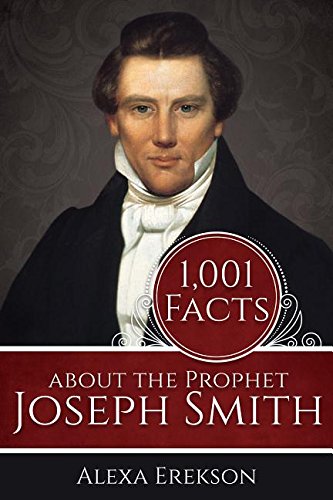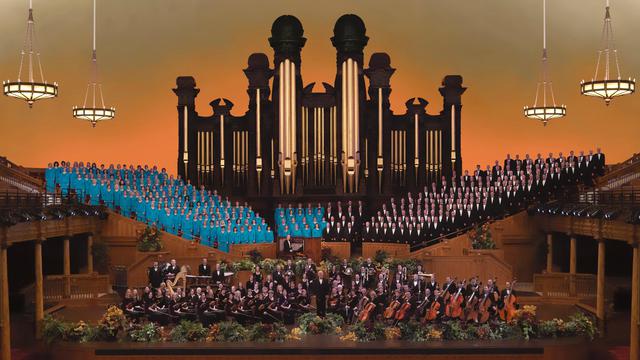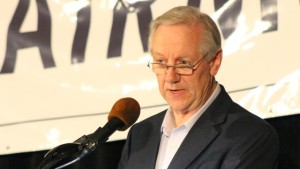Podcast: Download (46.5MB)
Subscribe: RSS
This podcast series features past FairMormon Conference presentations. Please join us for the 2019 FairMormon Conference coming up August 7-9! You can attend in person (tickets are no longer being sold online, but will be available at the door) or purchase the video streaming.
Jeff Lindsay, “Arise from the Dust”: Digging into a Vital Book of Mormon Theme
Transcript available here.
 Jeffrey Dean Lindsay and his wife, Kendra, are residents of Shanghai, China. Jeff has been providing online materials defending the LDS faith for over twenty years, primarily at JeffLindsay.com. His Mormanity blog has been in operation since 2004. He also wrote weekly for Orson Scott Card’s Nauvoo Times from 2012 through 2016. Jeff has a PhD in chemical engineering from BYU and is a registered U.S. patent agent. He serves as Head of Intellectual Property for Asia Pulp and Paper, one of the world’s largest paper companies. Formerly, he was associate professor at the Institute of Paper Science (now the Renewable Bioproducts Institute) at Georgia Tech, then went into R&D at Kimberly-Clark Corporation, eventually becoming corporate patent strategist and senior research fellow. He then spent several years at Innovationedge in Neenah, Wisconsin, helping many companies with innovation and IP strategy. Jeff has been in China for five years, where he works with various APP companies and mills in advancing their intellectual property and innovation. Since 2015, Jeff has been recognized as a leading IP strategist by Intellectual Asset Magazine in their global IAM300 listing based on peer input. He is also lead author of Conquering Innovation Fatigue (John Wiley & Sons, 2009). He is active in the chemical engineering community and was recently named a Fellow of the American Institute of Chemical Engineers. Jeff served a mission in the German‑speaking Switzerland Zurich Mission and currently serves as counselor in the district presidency of the Shanghai International District. He and his wife Kendra are the parents of four boys and have nine grandchildren.
Jeffrey Dean Lindsay and his wife, Kendra, are residents of Shanghai, China. Jeff has been providing online materials defending the LDS faith for over twenty years, primarily at JeffLindsay.com. His Mormanity blog has been in operation since 2004. He also wrote weekly for Orson Scott Card’s Nauvoo Times from 2012 through 2016. Jeff has a PhD in chemical engineering from BYU and is a registered U.S. patent agent. He serves as Head of Intellectual Property for Asia Pulp and Paper, one of the world’s largest paper companies. Formerly, he was associate professor at the Institute of Paper Science (now the Renewable Bioproducts Institute) at Georgia Tech, then went into R&D at Kimberly-Clark Corporation, eventually becoming corporate patent strategist and senior research fellow. He then spent several years at Innovationedge in Neenah, Wisconsin, helping many companies with innovation and IP strategy. Jeff has been in China for five years, where he works with various APP companies and mills in advancing their intellectual property and innovation. Since 2015, Jeff has been recognized as a leading IP strategist by Intellectual Asset Magazine in their global IAM300 listing based on peer input. He is also lead author of Conquering Innovation Fatigue (John Wiley & Sons, 2009). He is active in the chemical engineering community and was recently named a Fellow of the American Institute of Chemical Engineers. Jeff served a mission in the German‑speaking Switzerland Zurich Mission and currently serves as counselor in the district presidency of the Shanghai International District. He and his wife Kendra are the parents of four boys and have nine grandchildren.
Audio and Video Copyright © 2018 The Foundation for Apologetic Information and Research, Inc. Any reproduction or transcription of this material without prior express written permission is prohibited.



 FairMormon has a service where questions can be submitted and they are answered by volunteers. If you have a question, you can submit it at
FairMormon has a service where questions can be submitted and they are answered by volunteers. If you have a question, you can submit it at 


